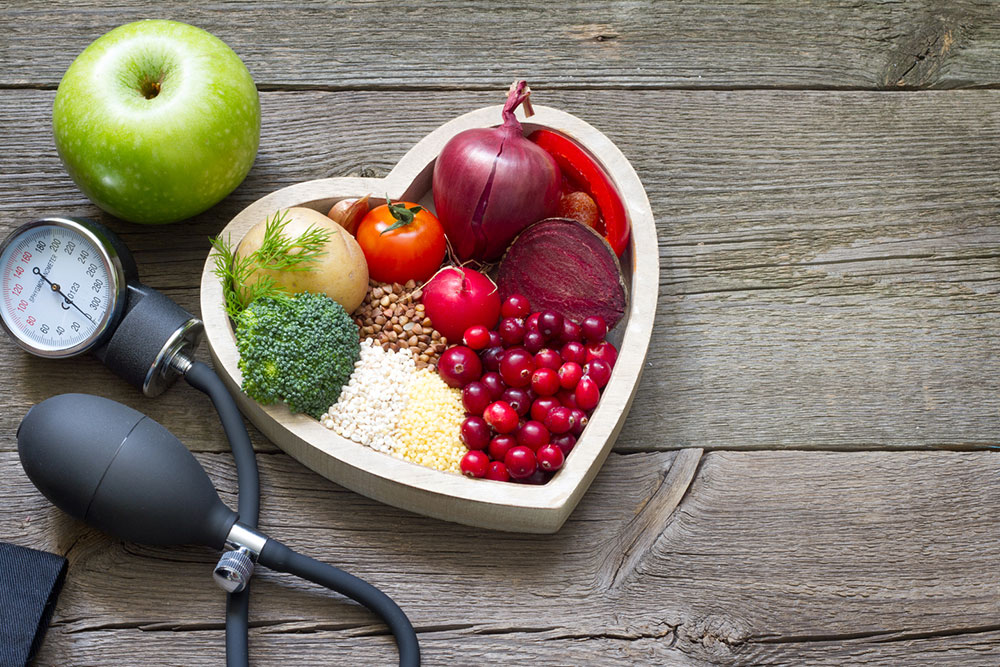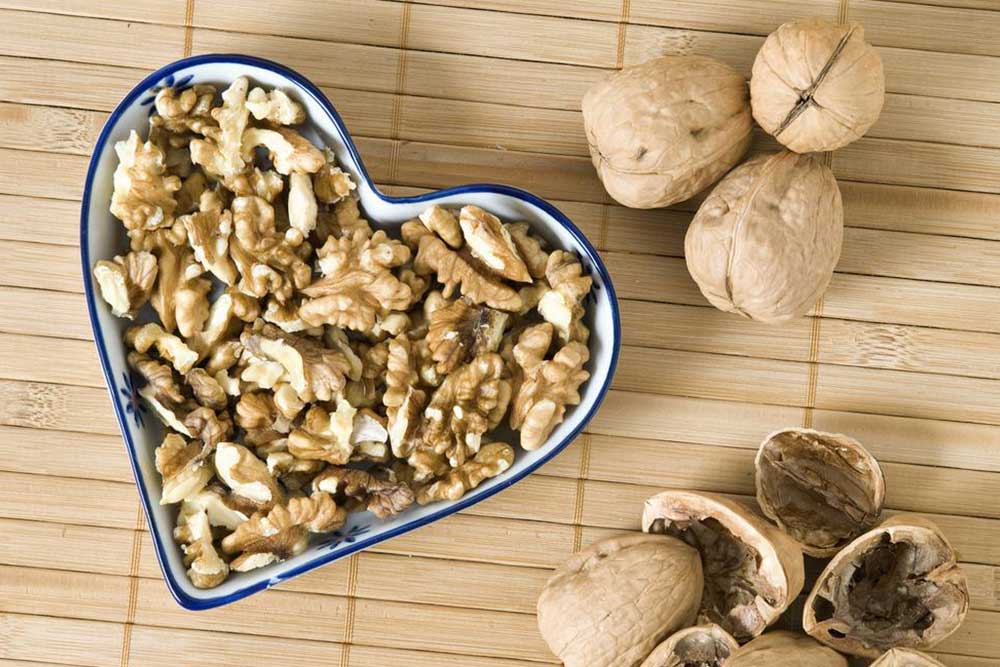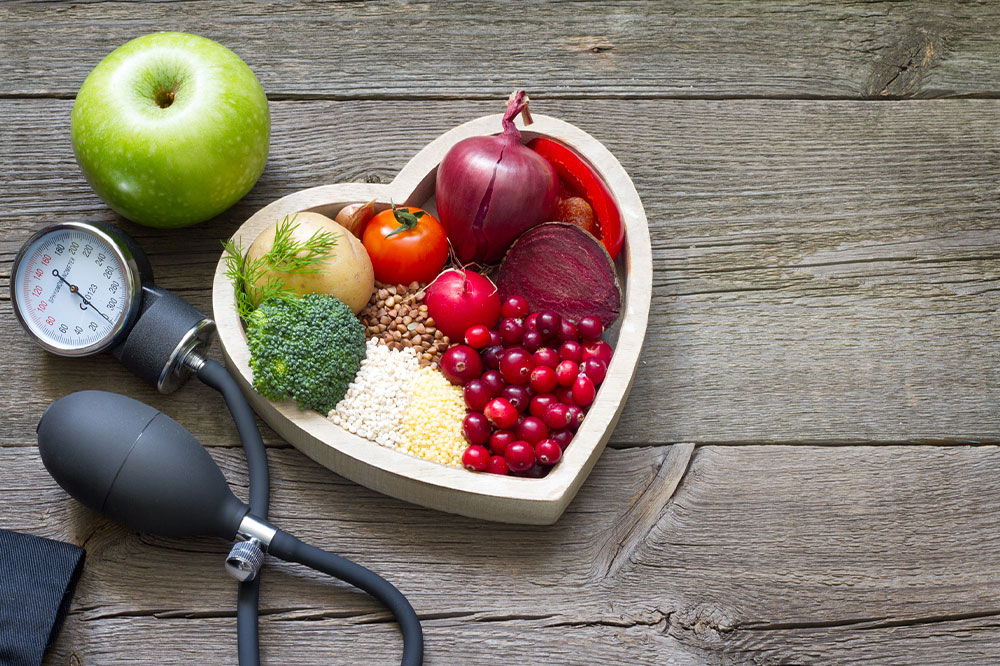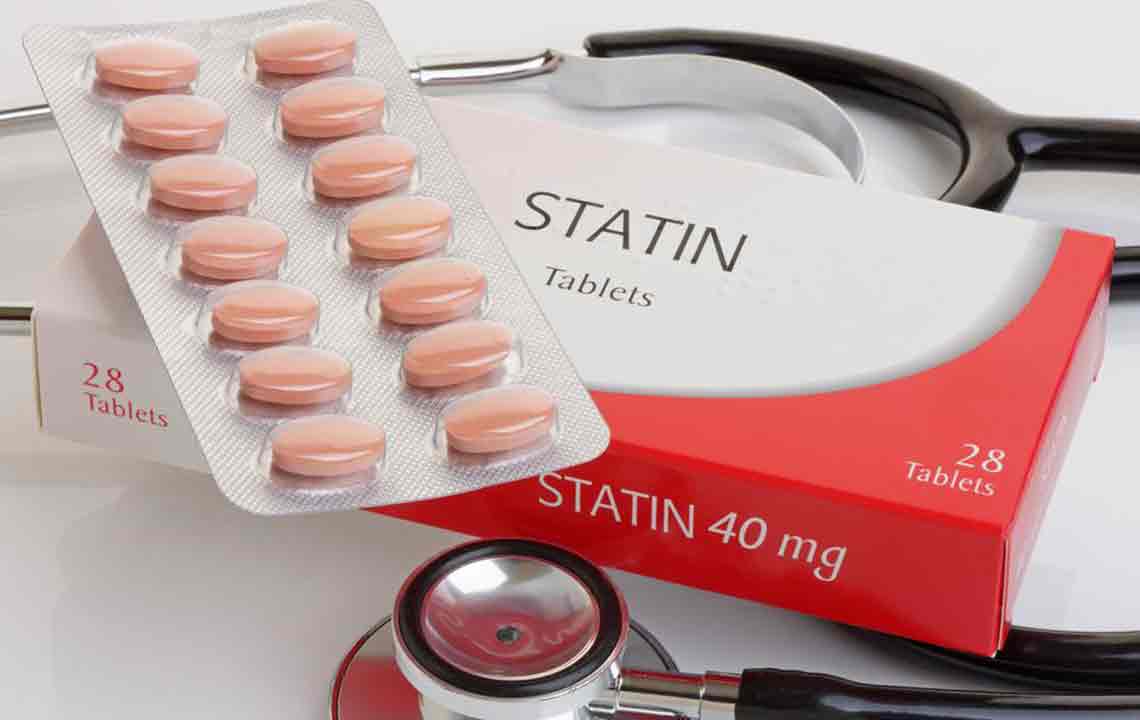Natural and Medical Options to Lower Cholesterol Levels
Explore effective natural and medical strategies for lowering high cholesterol levels. This guide covers medications like bile acid binders, ezetimibe, niacin, fibrates, and omega-3s, along with dietary tips and exercise routines to manage cholesterol safely. Consult your healthcare provider before making significant changes to your treatment plan or lifestyle. Achieve healthier arteries and reduce cardiovascular risks by adopting these proven methods.
Sponsored
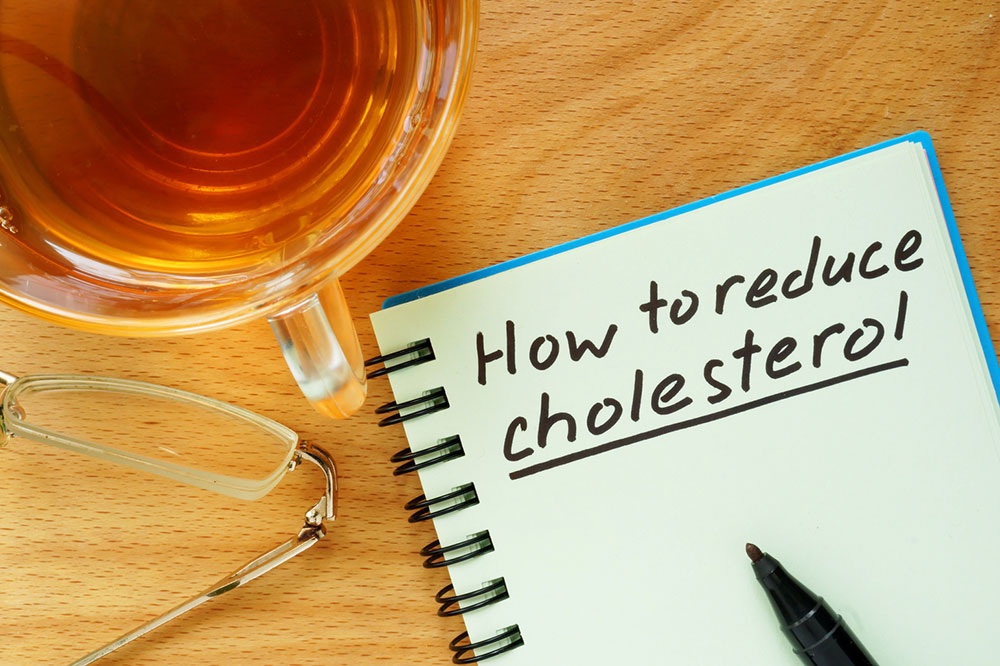
Natural and Medical Strategies for Managing High Cholesterol
While statins are commonly prescribed to control elevated LDL cholesterol, they may cause side effects or prove ineffective in cases driven by genetics. Fortunately, there are alternative treatments and lifestyle modifications available to help manage cholesterol effectively.
Discover various options — from medications to dietary adjustments — that can support healthy cholesterol levels.
Medication Alternatives
Several drugs can serve as substitutes or complements to statins, depending on individual health needs.
Bile Acid Binders
These medications attach to bile acids in the intestines, prompting the body to excrete them via stool. As a result, the liver increases its cholesterol intake to produce more bile, which in turn lowers LDL levels. Examples include colestipol, cholestyramine, and colesevelam.
This process aids in reducing bad cholesterol effectively.
Ezetimibe
This medication blocks proteins responsible for cholesterol absorption in the small intestine, decreasing the amount entering the bloodstream. It also reduces the cholesterol supply to the liver, prompting the organ to absorb more from circulation, thereby lowering overall cholesterol levels.
Niacin (Vitamin B3)
Known for boosting HDL (good cholesterol), niacin also helps reduce triglycerides and LDL particles by inhibiting their synthesis and secretion. Though less potent than other options, doctors often recommend vitamin B3 to balance cholesterol and minimize statin side effects.
Fibrates
These drugs, derived from fibric acid, encourage the liver to decrease VLDL production and accelerate triglyceride clearance. Medications such as gemfibrozil and fenofibrate are common choices.
Omega-3 Fatty Acids
These polyunsaturated fats support increased HDL and help lower triglycerides and LDL cholesterol. They are available via diet, like fish and flaxseeds, or through supplements for targeted therapy.
Before starting any alternative treatment, consult a healthcare professional to discuss potential side effects and interactions with current medications.
Dietary Modifications
Diet is a primary factor influencing cholesterol levels. Emphasize natural, low-saturated fat foods and reduce processed oils and sugary items. Contrary to outdated beliefs, moderate saturated fat intake from quality sources may not be harmful if balanced properly.
Include these foods in your diet:
Spinach
Rich in lutein, spinach helps prevent arterial plaque buildup, reducing cardiovascular risk.
Avocado
Contains beta-sitosterol, which blocks cholesterol absorption from food.
Dark Chocolate
High in antioxidants, dark chocolate (above 70%) may aid in preventing artery clogging.
Olive Oil
A healthier cooking fat that helps prevent cholesterol absorption.
Legumes
Beans are fiber-rich and promote the removal of LDL cholesterol.
Tea
Antioxidants in tea help reduce blood lipid levels and combat cholesterol oxidation.
Garlic
Contains compounds that inhibit cholesterol from adhering to artery walls.
Red Wine
Rich in antioxidants like resveratrol, which offers cardiovascular protection.
Oats
Contains beta-glucan, which binds to LDL cholesterol and removes it from the body.
Physical Activity
Regular exercise is vital for maintaining healthy cholesterol levels. Beginners can start with low-impact activities like walking or gardening, gradually progressing to more vigorous routines such as running, cycling, swimming, or playing sports like tennis. Incorporating strength training enhances metabolism and supports cholesterol management, providing an effective alternative to medication.
With these medical options and lifestyle changes, you can effectively lower your cholesterol and promote overall heart health. Take proactive steps today for a healthier future.

